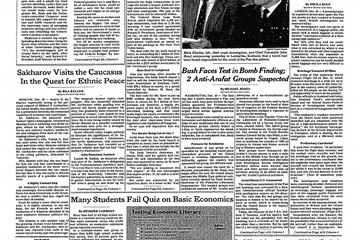The Legacy of Brookside: A Groundbreaking Soap Opera

Introduction
Bearing witness to its impact on British television, Brookside is a name that resonates deeply with fans of soap operas. Aired from 1982 to 2003, this series captured the essence of communal life while addressing social issues with unprecedented boldness. Its legacy continues to influence television today, making it a significant topic for discussion.
Brookside’s Cultural Impact
Brookside was a pioneer, being the first British soap opera to be filmed in a realistic way, focusing on an ordinary street in Liverpool. The show tackled socially relevant issues, often controversial at the time, including drug addiction, domestic violence, and LGBTQ+ representation. Its unique narrative style set a precedent for future soaps, prompting them to explore complex themes and character depth.
Notable Storylines and Characters
Some of the most memorable storylines from Brookside included the tragic life of the character of Barry Grant, played by Paul Usher, and the groundbreaking portrayal of a lesbian relationship between Sinbad’s daughter and a character named Holly. These narratives not only entertained but also educated viewers on critical social issues, creating dialogue within communities.
The Show’s End and Legacy
Despite its cancellation in 2003, the influence of Brookside endures. Cast members and writers have often shared how it changed the landscape of British television. Since its conclusion, the show’s reruns on digital platforms have garnered interest from a new generation of viewers who appreciate its relevant themes and characters. Academic studies have even examined its role in reflecting societal changes in the UK.
Conclusion
Brookside remains an iconic part of British television history, illustrating the power of storytelling that resonates with societal realities. As modern soap operas adopt similar approaches to narrative and social issues, the influence of Brookside is undeniably present. For many, it is not just a television show; it represents a significant chapter in the evolution of British media, showcasing the potential of soap operas to address real-world challenges artfully.









